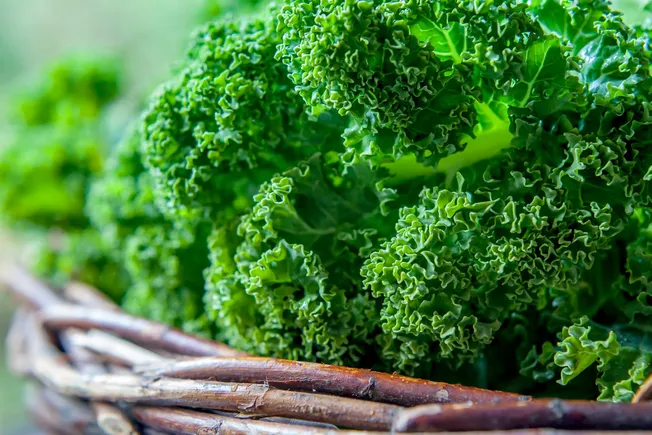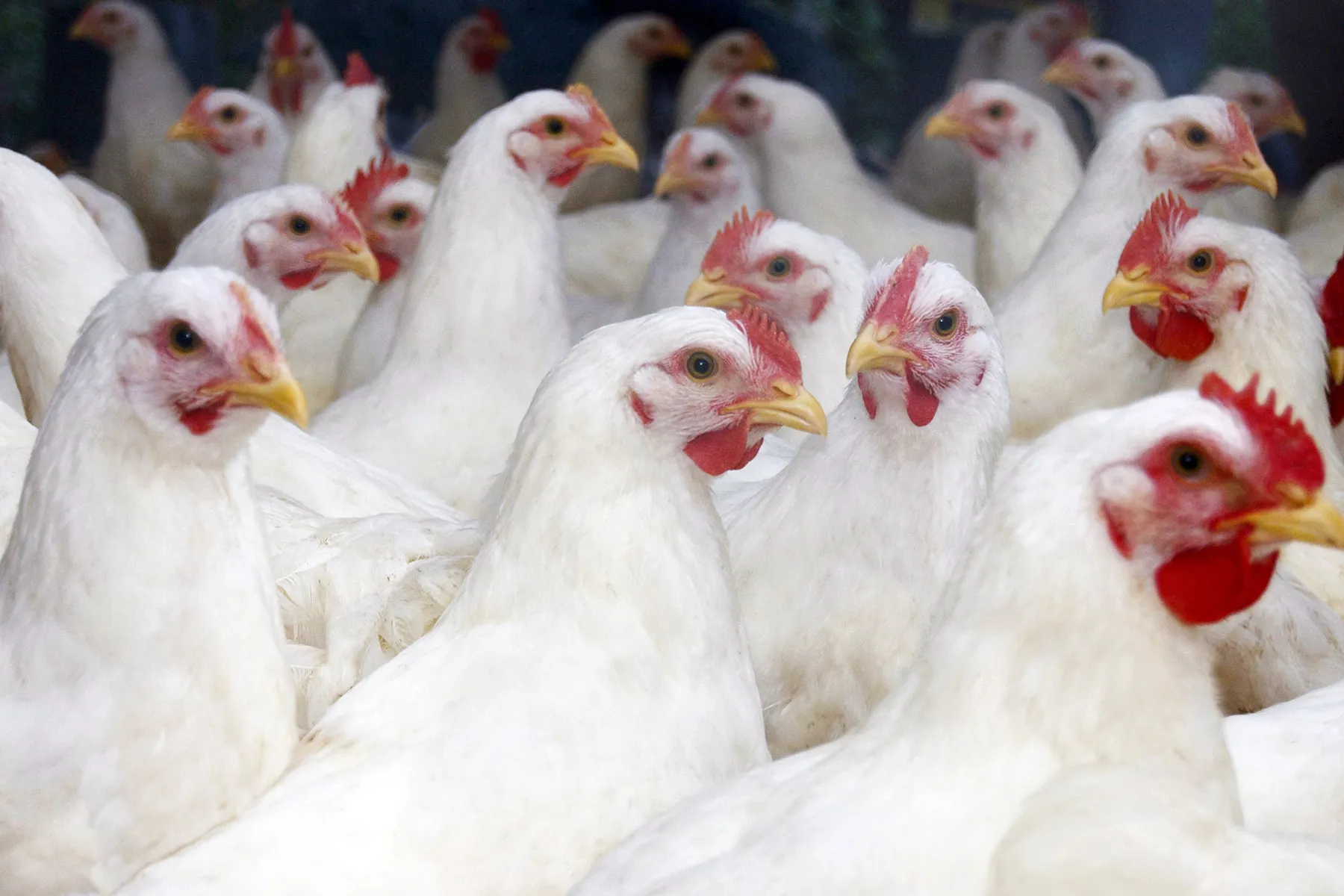
Aug. 16, 2023 – Vegetables like broccoli and kale aren’t just dietary heroes for their fiber content – they might hold a hidden power that aids our battle against lung infections, according to a study published today in the journal Nature.
Scientists from London’s Francis Crick Institute have unraveled how certain compounds in these greens, found in the cruciferous family, act as secret signals for a protein that guards crucial defense points in the body, like the gut and lungs.
When we consume these leafy veggies, cabbage, cauliflower, and other cruciferous foods, they send instructions to a protein called aryl hydrocarbon receptor (AHR), found in the blood vessels of our lungs. This ensures a healthy environment in our lung area, which serves as an important barrier between our internal systems and the outside world.
“When you talk about the immune system, you talk about barriers that demarcate the border between the inside of areas like the gut and lungs, and the outside world,” said Andreas Wack, PhD, principal group leader in the Francis Crick Immunoregulation Lab. “The lung is a place that has to be protected but also has to be very permeable for some things. It’s a tightrope in a way.”
The AHR protein’s effect on immune cells is known, but this study uncovers a fresh facet: its influence on the cells that make up one of the two layers of the lung barrier.
The researchers tested this by infecting mice with the flu virus and found that those on a diet rich in cruciferous compounds had less lung damage.
AHR helped prevent the lung barrier from becoming leaky, leading to less blood in the lung spaces. Mice with enhanced AHR activity also resisted weight loss and were more adept at fending off both viral and bacterial infections.
“This study is important because it shows how the cells that line the lungs protect against damage following viral infection and that protection from infectious disease is not the sole reserve of the immune system,” said John Tregoning, PhD, an infectious disease specialist at Imperial College London. The study, he said, shows that a compound derived from broccoli (and other cruciferous vegetables) can help protect the lungs from viral damage.
The study’s findings contain “exciting potential for a lot of us in the pulmonary and critical care units,” said Joseph Khabbaza, MD, a critical care and pulmonary medicine specialist at the Cleveland Clinic.
When lung barriers are broken down from injury or inflammation, he said, fluid leaking into the airways can lead patients to rely on ventilators.
“People who have poor diets and poor health have a harder time with inflammatory illness, as we saw with COVID,” Khabbaza said. “This kind of study suggests staying healthy ahead of getting sick, and practicing healthy behaviors when you get sick, is important.”






